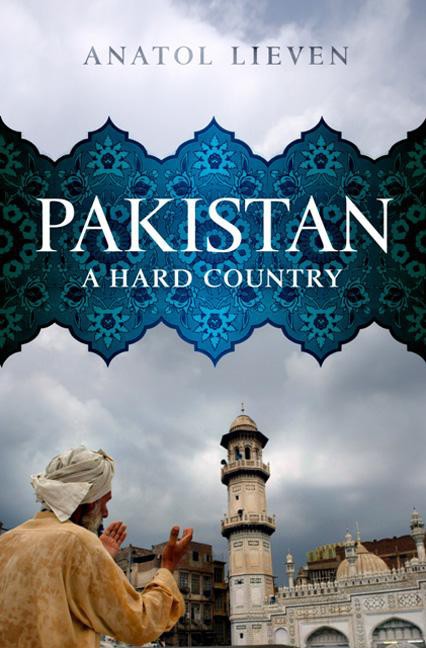
Pakistan
A Hard Country
کتاب های مرتبط
- اطلاعات
- نقد و بررسی
- دیدگاه کاربران
نقد و بررسی

February 28, 2011
Lieven (Chechnya), who has reported on Pakistan off and on for 20 years, offers a compelling argument for reorienting Western interests (and investments) in its wars in Afghanistan and Pakistan. Given its enormous population (six times that of Afghanistan), the key role Pakistani intelligence plays in Western efforts against terrorism, the strong ties between Pakistan and Western countries (especially Britain), and the fact that Pakistan's army is one of Asia's strongest (complete with nuclear weapons), Lieven writes, "Pakistan is quite simply far more important to the region, the West and the world than is Afghanistan: a statement which is a matter not of sentiment but of mathematics." His extensive history and cartography of the country comes equipped with solid policy prescriptions—for drone attacks to be ceased and for the U.S. to acknowledge how powerfully the bungled invasion of Afghanistan contributed to instability in the region—and particularly the growth of the Taliban. Though his language can occasionally be patronizing, Lieven's writing is generally excellent. He wrestles huge amounts of material into a coherent whole, cogently explaining the intricate and interconnected roles played by kinship, regional allegiances, religion, and the military, shedding light on the country "in all its complex patchwork of light and shadow."

February 15, 2011
Comprehensive examination of the resilient workings of an important nation very much in the news.
Despite a deeply splintered and inequitable society, entrenched feudalism, frequent natural and ecological disasters and incorrigible corruption, Pakistan promises to endure and become a significant player in the region, writes Lieven (War Studies/King's Coll., London; America Right or Wrong: An Anatomy of American Nationalism, 2004, etc.). America's lack of interest in Pakistan since the withdrawal of the Soviets from Afghanistan in 1989 proved to be a terrible mistake, as the United States now needs aid in fighting the Afghan Taliban, which the Pakistanis feel sympathetic to as a force trying to expel a foreign invader. Moreover, the U.S.-Israel alliance, the U.S. "tilt to India," economic sanctions in the 1990s, support of a series of autocratic generals and today's President Zardari, and the invasions of Iraq and Afghanistan have all exacerbated resentment against the West. (Lieven notes that a surprising number of Pakistanis he spoke to believe that "9/11 was not in fact carried out by Al Qaeda but was a plot by the Bush administration, Israel, or both.") Originally, the author titled his book "How Pakistan Works," alluding to its dysfunctional working model that befuddles the West but manages to be fairly typical of the region, even next to democratic India. Indeed, with two-thirds of the population of the combined Arab world, a land acutely affected by climate change and one of the most powerful armies in Asia, Pakistan would surely bring down neighbor India, too, if it should fall. Lieven breaks down his study by specific region; considers the structures of justice, religion, the military and politics in turn; and, finally, in a skillful, insightful synthesis, addresses the history of and issues concerning the Taliban, both Pakistani and Afghani.
A well-reasoned, welcome resource for Western "experts" and lay readers alike.
(COPYRIGHT (2011) KIRKUS REVIEWS/NIELSEN BUSINESS MEDIA, INC. ALL RIGHTS RESERVED.)

























دیدگاه کاربران